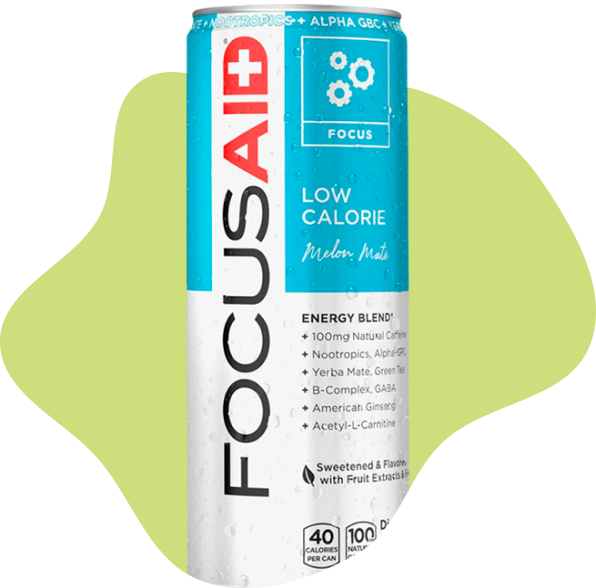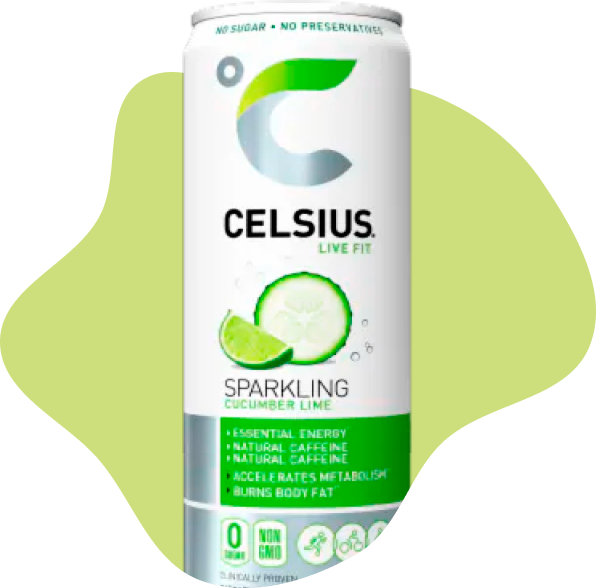The Truth About
Prime Energy
Drinks are they healthy or not?
Prime Energy Drinks are they healthy or not?
Here’s what you need to know about this new energy drink.

Reviewed and fact-checked by certified nutritionists.
In this article:
- Are Prime Energy drinks healthy? Or are they bad for your health?
- How do they compare to other energy drinks?
- 3 healthier alternatives to Prime Energy for a strong energy boost






